Every time I travel to Petra or the eastern desert regions of my country, I marvel at lessons we can learn from the history of those regions and their inhabitants. These lessons are captured in the beauty of the antiquities, which teach us about ancient technical innovations in water harvesting, conveyance and storage, about the benefits of carefully managing the delicate natural resources in a semi-arid region, and also about the exercise of power and the promotion of peace.
Our well-being and our natural environment are deeply intertwined in a dance of life that is as vulnerable as it is glorious
Today we need to grasp the links between key issues that challenge us across much of the Middle East and other parts of the world: our natural resources, our governance systems, and political conflict. We are learning this in dramatic and often painful ways – the wars, droughts, mudslides, hurricanes and prolonged arctic freezes of recent years are the Earth’s way of telling us something important: that our well-being and our natural environment are deeply intertwined in a dance of life that is as vulnerable as it is glorious. And when nature suffers the human burdens of bad governance, stressful political relations among neighbours, and warfare, it becomes part of the equation that determines the security or insecurity of billions of people across the globe.
And yet, we remain largely ignorant about how to collectively manage resources such as water, land, and clean air in order to help prevent conflict. The conservation community should urgently act to address this gap, by answering several key questions.
Have we determined whether our current rate of exploitation of natural resources is sustainable? Have we calculated the gaps in essential resources in view of expected population growth? Do we know or admit the role of inadequate governance in creating stresses on our natural resources? And, have we sufficiently drawn on the wisdom and practical expertise of our own populations, accumulated over millennia, to identify the threats, the priorities for action, and the policy options available?


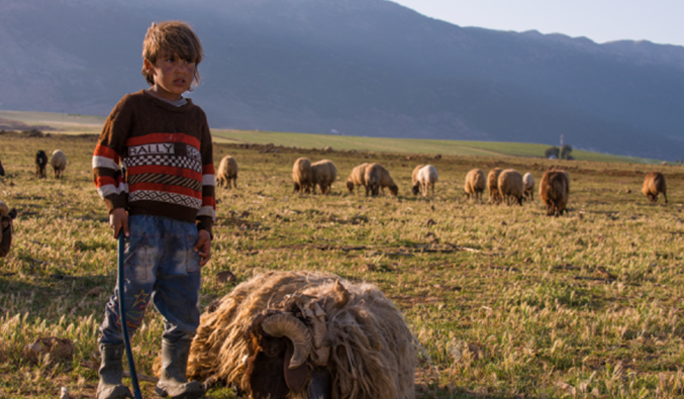
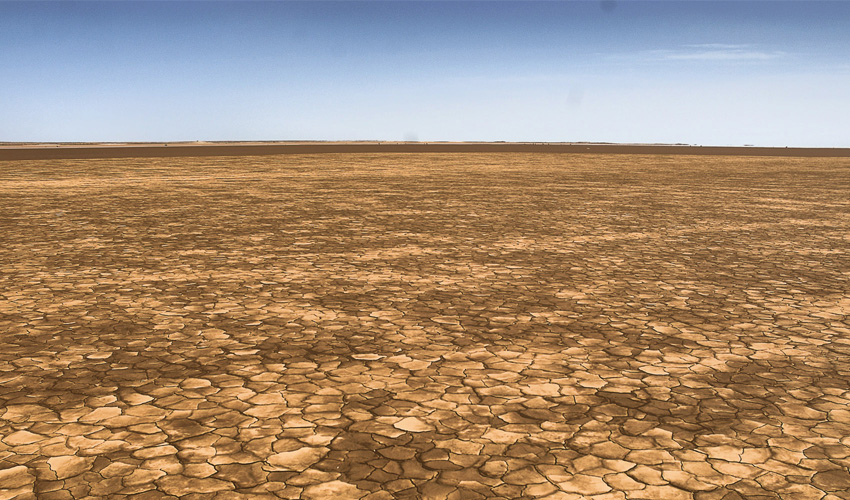
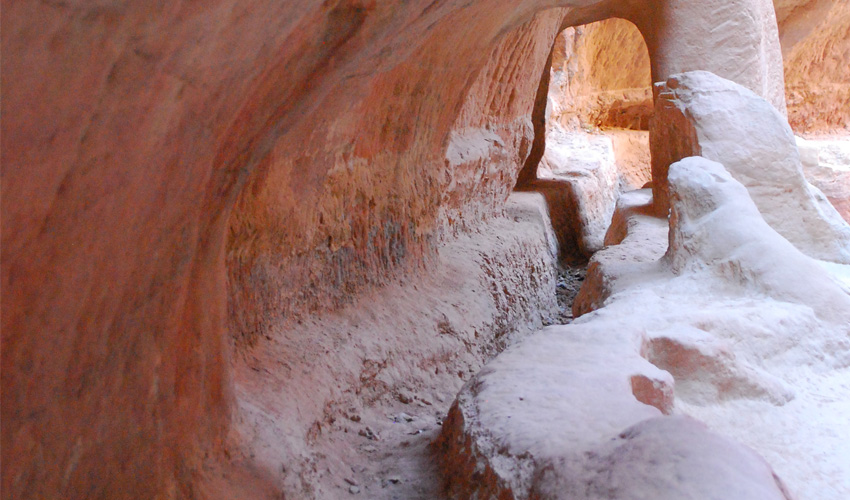

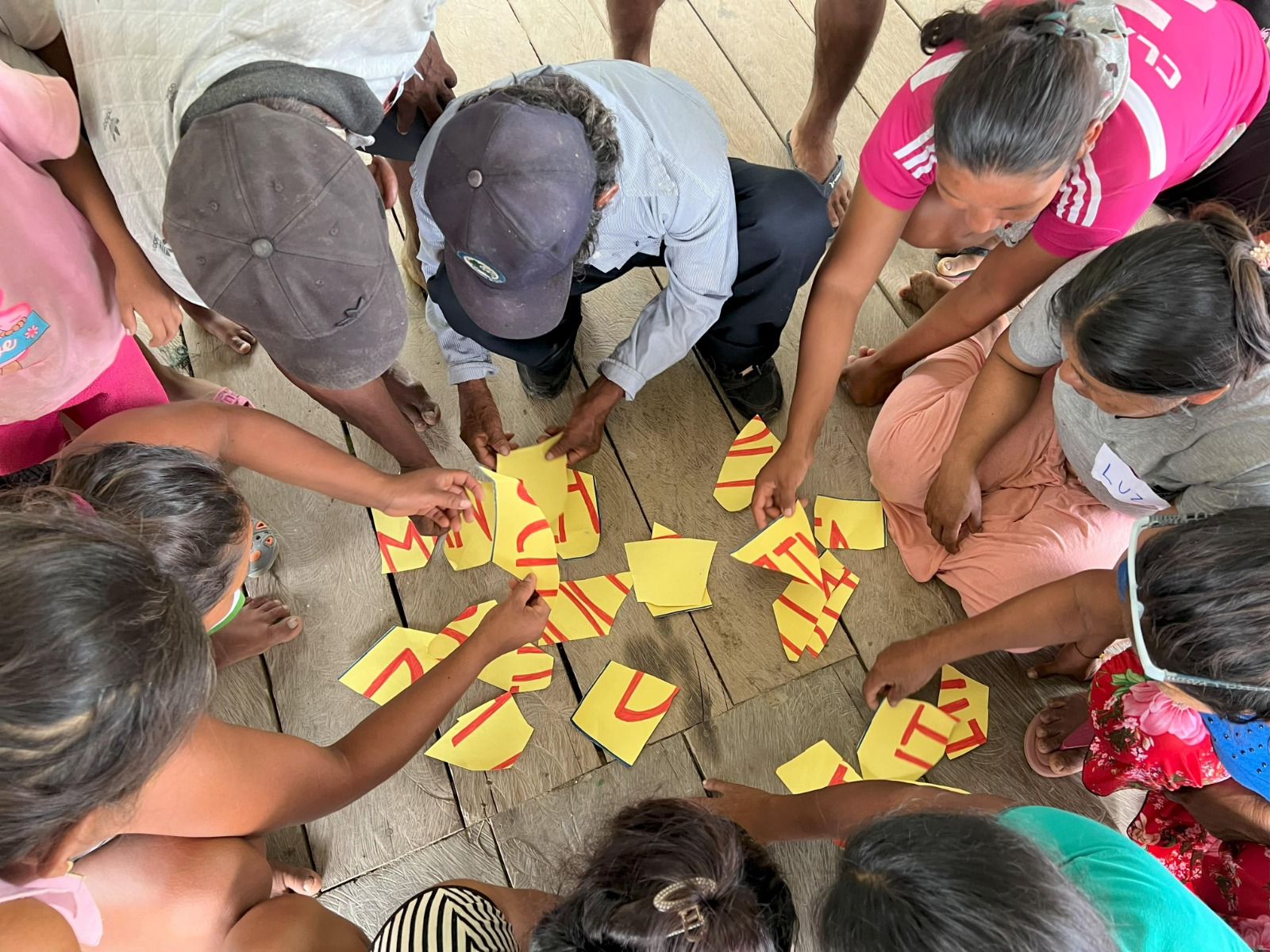
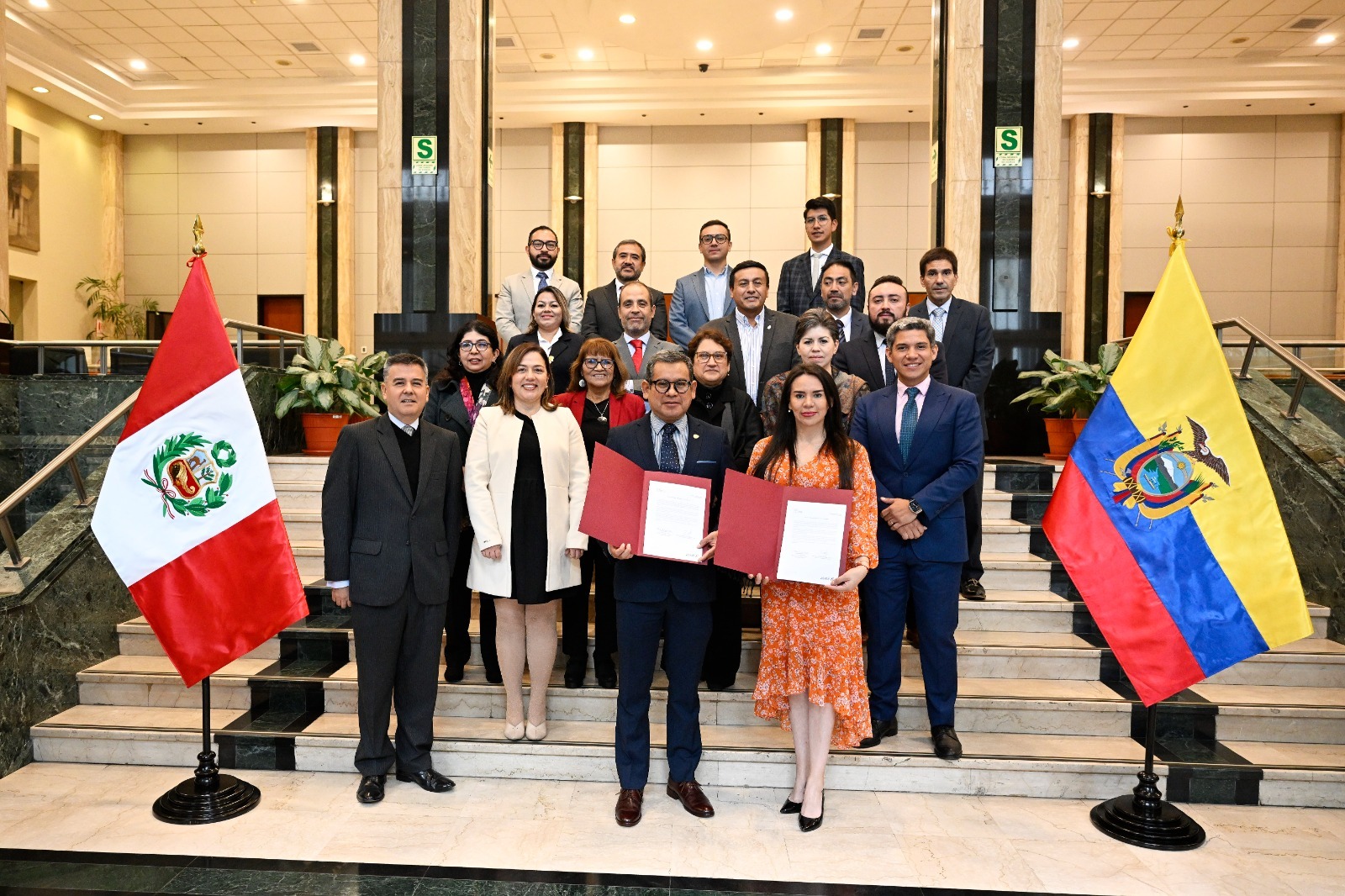

Añadir nuevo comentario